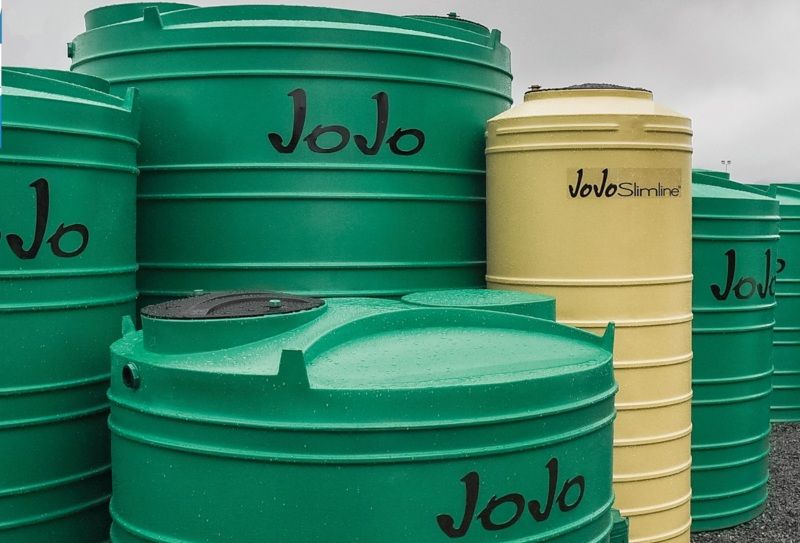South African Water Storage Company Jojo Tanks Acquires Wastewater and Sanitation Firm
Published on by Water Network Research, Official research team of The Water Network in Business
The acquisition that follows Jojo Tanks expansion into pumps and filtration products will see it diversify into being a water solutions company.

South Africa’s leading water storage company, Jojo Tanks, has acquired wastewater and sanitation firm Calcamite, a tanks company involved in advising and designing sanitation solutions. The acquisition that follows Jojo Tanks expansion into pumps and filtration products will see it diversify into being a water solutions company.
“The significance of this acquisition is greater because it redefines JoJo somewhat from being a tank seller to being something of a services company. We have now decided to grow beyond water storage into a full water solutions company,” said JoJo Tanks MD Grant Neser.
Calcamite was formed in 1967 and has since then evolved into a vertically integrated, full turnkey on-site sanitation solution provider.
“Calcamite has a sound reputation in the wastewater sector, with technical know-how developed over many years of practical, hands-on participation in the industry, crucial to the deal,” said Neser.ž
According to Jojo Tanks, one in ten South African households has a JoJo tank, having sold about two million tanks since the company was started 30 years ago. It has eight factories in South Africa and one in Zimbabwe.
Rotational Moulding System
JoJo tanks are manufactured using the rotational moulding system, a high-temperature, low-pressure plastic-forming process that uses heat and biaxial rotation (i.e., angular rotation on two axes) to produce hollow, one-piece parts.
Manufacturing large, hollow parts such as oil or water tanks is much easier and cost-effective by rotational moulding than any other method.
The system was introduced in the 1970s in Groblersdal, Limpopo by Lucerne farmer Johannes Joubert (JoJo) to make a better system of storing and using rainwater. The tanks are made from a by-product of Sasol’s synthetic fuel manufacturing system.
As water management continues to be a global issue, the company’s growth is inevitable due to an ever-increasing demand for water solutions.
The two companies will continue to trade and operate as separate entities, but complementary and synergistic opportunities will be pursued together to strengthen their respective positions in the domestic water solutions market.
Written by Nita Karume, Pumps Africa (read the original article here)
Media
Taxonomy
- Ecological Sanitation
- Rural Water Supply & Sanitation
- Water & Sanitation
- Storage Tank
- Sanitation & Hygiene
- Tanks